Interim CEOs often step into a company at a critical moment, whether it’s a leadership shakeup, a financial crisis, or a transition period. The pressure is immense, and so is the temptation to laser-focus on one thing: the stock price.
And why not? Many interim CEOs are compensated heavily in stock options. That means their personal payday depends on how high they can pump the share price before they exit. The problem? If they treat stock price as the only scoreboard, they risk wrecking employee morale, damaging long-term stability, and leaving behind a mess when their tenure ends.
Here’s why interim CEOs need to think beyond the stock market ticker and how short-term moves can backfire big time.
Employees Know When They’re Being Used
Employees aren’t stupid. They see when leadership decisions aren’t about them, the company, or the mission, but about making numbers look good for Wall Street and their own pay days.
Cost-cutting layoffs that look great in a press release but gut key teams? Well, employees notice. Artificially boosting earnings by slashing R&D, or delaying necessary investments? They see that, too.
Nothing kills trust faster than employees realizing their leader isn’t building, but they’re just selling a better story to investors. And when that trust erodes, engagement drops, top talent starts walking, and productivity craters.
Sure, the stock might get a temporary boost. But when employees stop believing in leadership, the real damage begins and it won’t show up on an earnings report until long after the interim CEO is gone.
Slashing Costs Might Inflate the Stock But at What Cost?
Interim CEOs under stock option deals often default to aggressive cost-cutting because it’s a fast way to make financials look better. Less spending = higher margins = happier investors, right?
But not all cuts are smart cuts. Chopping investment in innovation, slashing workforce benefits, or overworking teams might look good for the next quarterly report, but it often weakens the company’s ability to compete long-term.
Lay off too many people? You risk losing institutional knowledge and slowing down critical projects. Slash budgets in the wrong places? You end up with burned-out employees and a weakened company culture.
Short-term stock bumps from aggressive cost-cutting are a trap one that smart leaders try their best to avoid.
Culture Is Hard to Rebuild Once It’s Damaged
A company’s culture isn’t just about ping-pong tables and free snacks. It’s the DNA of the business. The thing that keeps employees motivated, aligned, and working toward something bigger than a paycheck.
When an interim CEO focuses only on financial optics, culture takes a hit. Employees start to feel like expendable cogs, decisions feel transactional, and any sense of mission disappears under spreadsheets and stock charts.
Here’s the real danger: culture takes years to build, but merely months to destroy. If an interim CEO erodes trust, engagement, and morale, they might walk away with a fatter bank account, but the company will be left scrambling to repair the damage long after they’re gone.
Wall Street’s Memory Is Short, But Reputations Last
Stock-focused interim CEOs often think they can cash in and move on, but bad leadership follows you. If you leave behind a broken workforce, a gutted culture, and a company struggling to regain momentum, your name will be attached to that mess forever.
Investors might not care after you’re gone, but employees, board members, and future hiring managers will. Smart leaders play the long game, even in temporary roles.
How Interim CEOs Can Avoid the Stock Price Trap
Interim CEOs don’t have to ignore the stock price, but they also can’t let it drive every decision. Here’s how to lead responsibly while still delivering results:
Focus on Sustainable Growth, Not Quick Fixes
Cutting expenses isn’t the only way to drive value. Look for strategic growth opportunities that improve revenue and efficiency without gutting the future.
Be Transparent With Employees
If tough decisions are necessary, communicate why. Employees can handle bad news, but they won’t tolerate leadership that treats them like disposable assets.
Protect the Core of the Business
If layoffs or budget cuts are unavoidable, don’t slash the company’s future away. Protect innovation, customer experience, and key growth drivers.
Leave the Company Stronger Than You Found It
Your legacy isn’t just the stock price on your last day, but it’s the state of the business after you’re gone. Make decisions that set the next leader up for success.
Interim CEOs might only be in the seat temporarily, but their impact lasts far beyond their tenure. The best ones don’t chase stock bumps at the expense of real value. They lead with integrity, make decisions with care, and leave behind a company that’s stronger, not just one that looks good on a stock chart.
Because in the end, a company’s real worth isn’t just in its stock price, it’s in the people, the culture, and the future it’s building.
And that’s a legacy worth leading for.
With decades of experience studying why people buy and how to inspire loyalty, Kevin equips sales professionals and leaders to deliver exceptional value, ensuring customers return again and again.
Featured Links to Grow Your Influence:
Winning With Others: https://www.kevinsidebottom.com/stopgambling
Kevin’s website: https://www.kevinsidebottom.com
Kevin’s email: kevin@kevinsidebottom.com
The Sales Process Uncovered Membership Page
https://www.kevinsidebottom.com/pricing-page
The Sales Process Uncovered Book

